How to Handle Cannabis Withdrawal: Recognizing Symptoms and Projecting Recovery Times
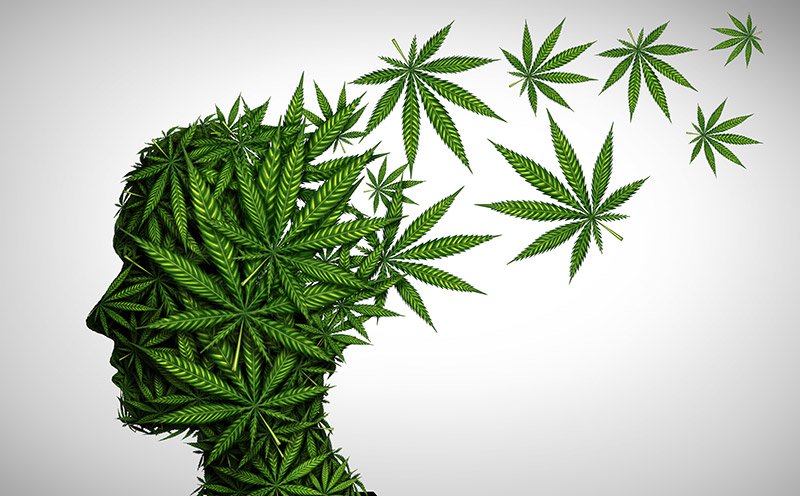
Introduction: CBD Weed withdrawal symptoms, though often underestimated, can pose challenges for individuals looking to abstain from cannabis use. In this comprehe-sive guide, we’ll explore the various symptoms of weed withdrawal, including stomach issues, and provide insights into recovery timelines. Whether you’re dealing with stomach discomfort or seeking to understand the duration of CBD withdrawal, we’ve got you covered.
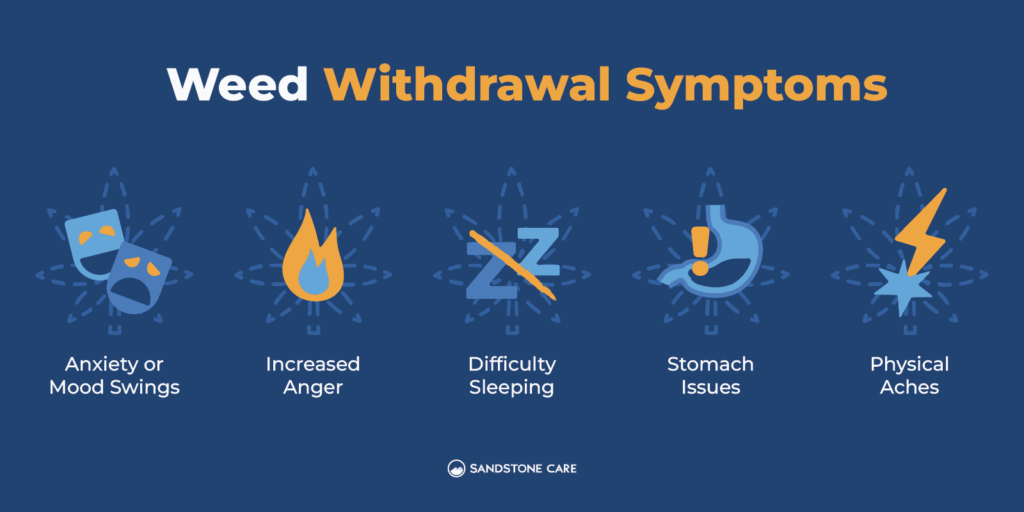
Understanding Weed Withdrawal Symptoms: Weed withdrawal symptoms can vary from person to person, but common issues include stomach discomfort, nausea, and gastrointestinal disturbances. These symptoms typically arise within a few days of discontinuing cannabis use and can persist for up to two weeks or more, depending on individual factors such as frequency and duration of use.
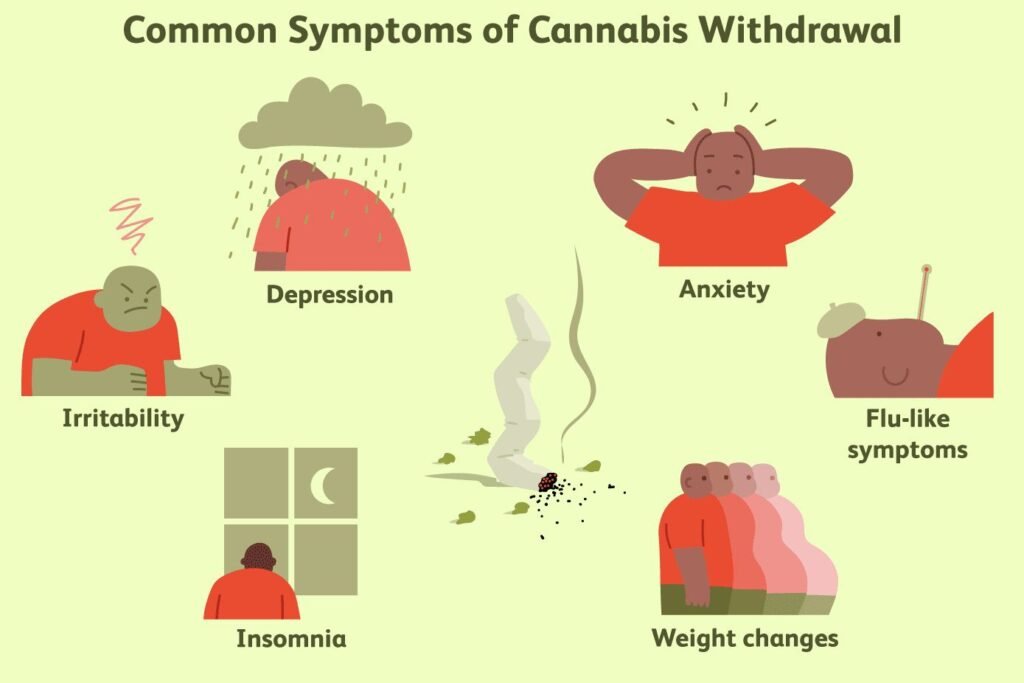
Addressing Stomach Issues: Stomach issues are a common complaint among individuals experiencing weed withdrawal. Symptoms may include abdominal pain, cramping, bloating, and changes in bowel habits. While uncomfortable, these symptoms are usually temporary and resolve on their own as the body adjusts to the absence of cannabis. However, some individuals may find relief by incorporating dietary changes, such as increasing fiber intake and staying hydrated.
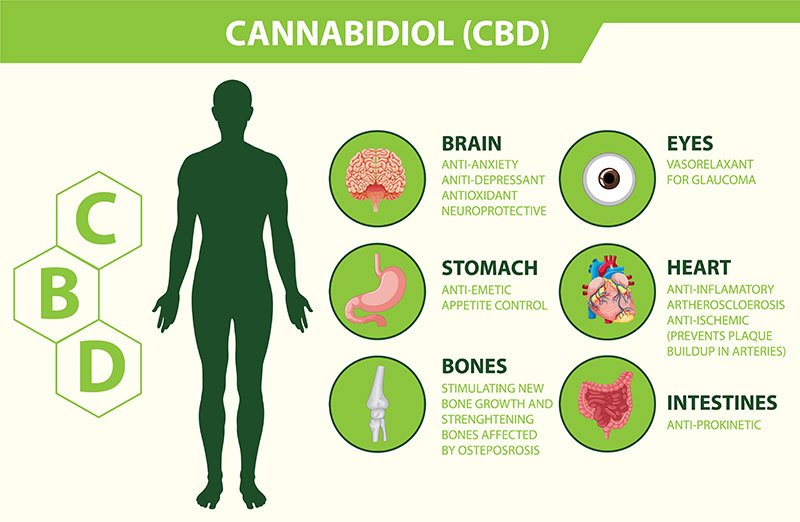
Exploring CBD Withdrawal: CBD withdrawal, though less common than THC withdrawal, can still occur in individuals who have been using CBD regularly. Symptoms may include irritability, anxiety, insomnia, and gastrointestinal discomfort. The duration of CBD withdrawal can vary depending on factors such as dosage, frequency of use, and individual physiology. In most cases, symptoms resolve within a week or two as the body clears the remaining CBD from the system.
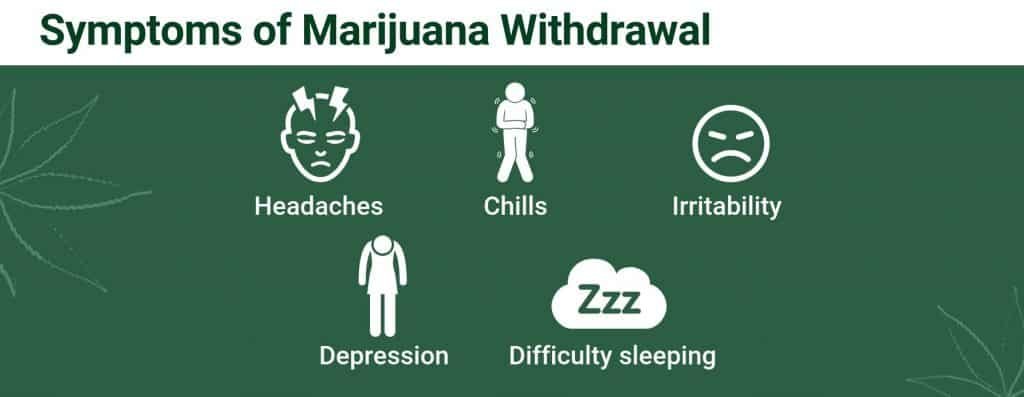
Recovery Timelines: Recovery from weed withdrawal can vary depending on individual factors such as the severity of dependence, overall health, and support network. In general, most individuals begin to feel better within a few days to a week after discontinuing cannabis use. However, some symptoms, such as sleep disturbances and mood changes, may persist for several weeks before resolving completely. It’s essential to be patient with yourself during this process and seek support from healthcare professionals if needed.
Conclusion: Weed withdrawal, including stomach issues and CBD withdrawal symptoms, can be challenging to navigate, but with the right support and strategies, recovery is possible. By understanding the symptoms and recovery timelines, individuals can take proactive steps to manage their withdrawal experience and ultimately achieve a healthier relationship with cannabis. Remember, you’re not alone, and help is available if you need it.


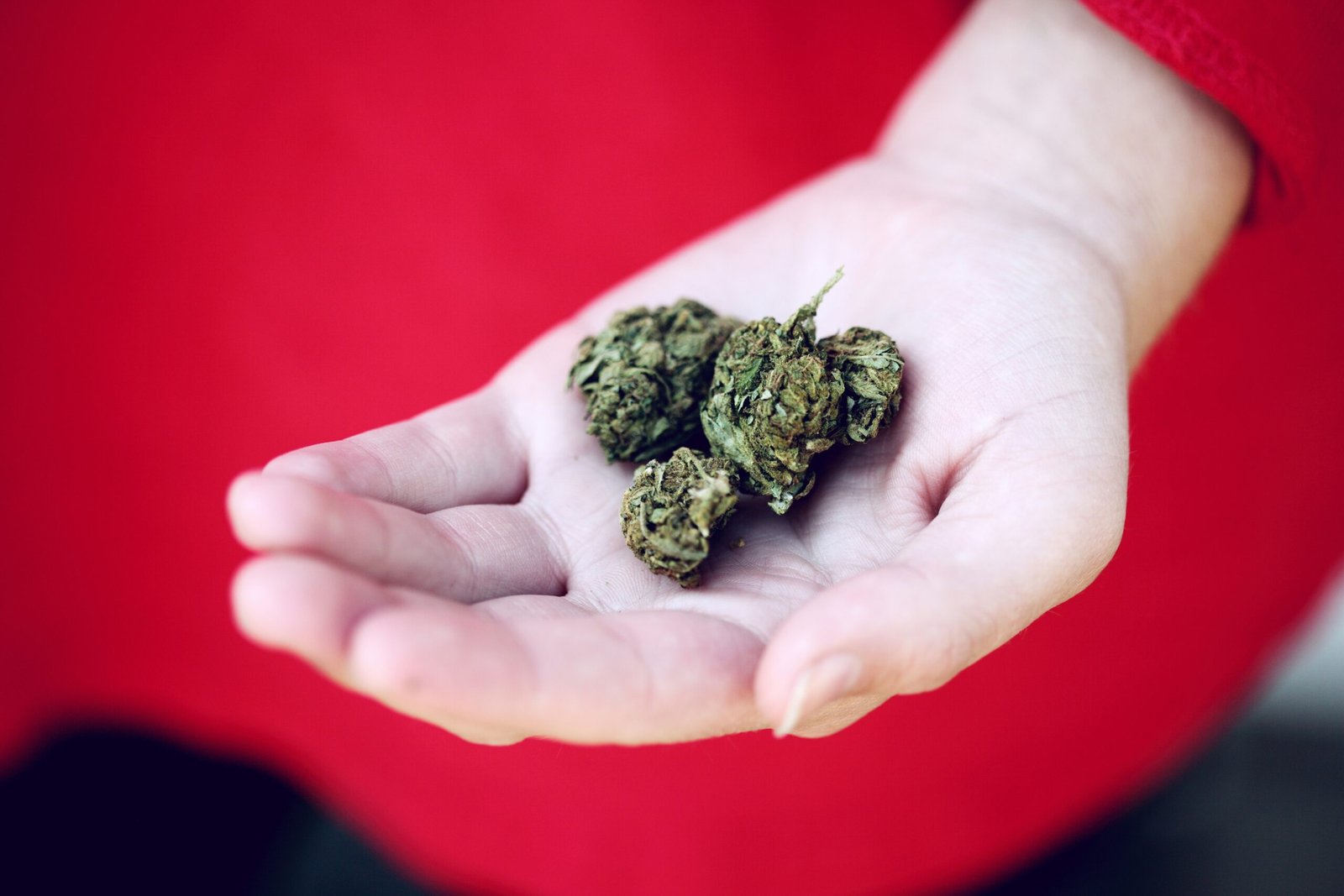
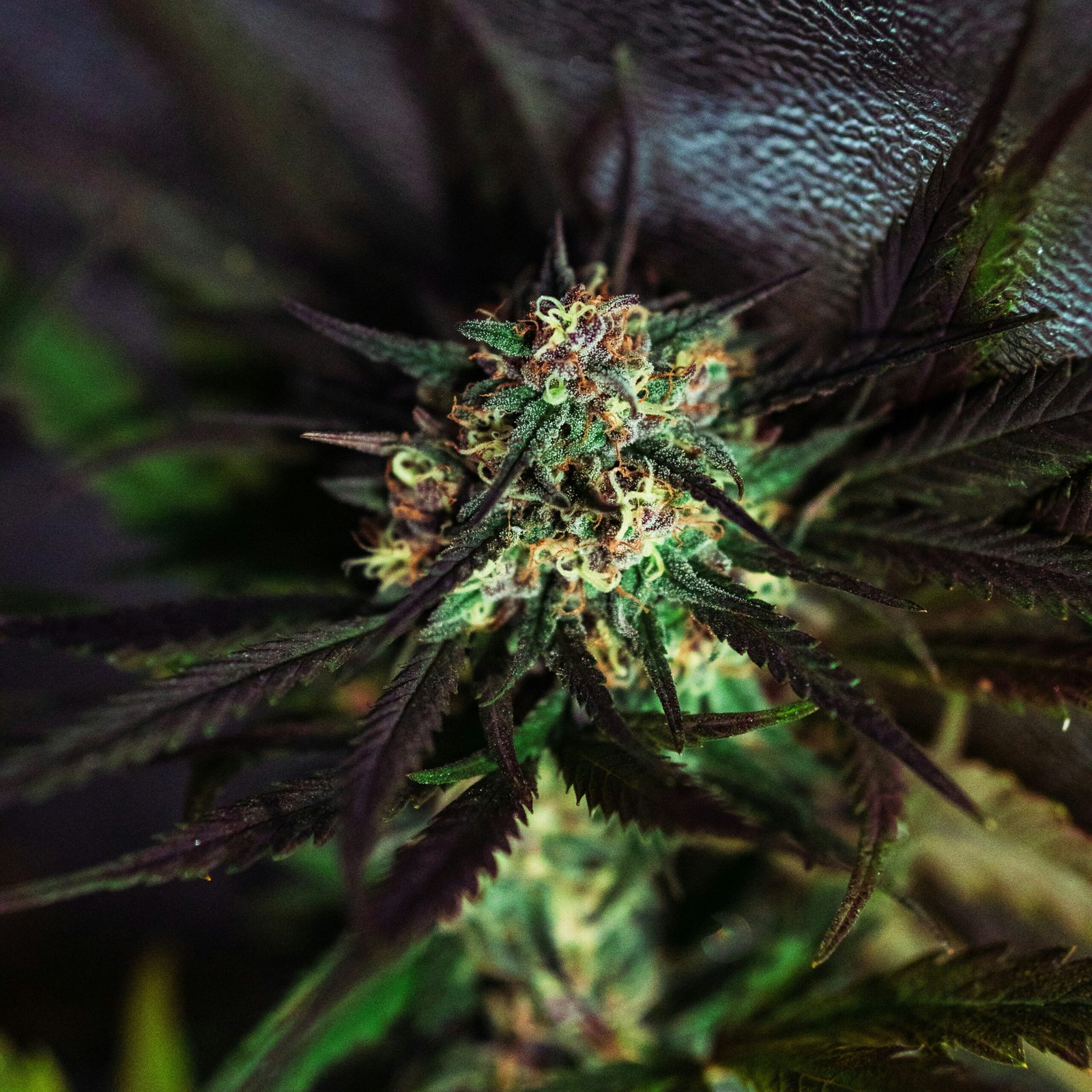



Přijetí hypoteční platby může být problematické pokud nemáte rádi čekání v dlouhých řadách , vyplnění závažné formuláře , a odmítnutí úvěru na základě vašeho
úvěrového skóre . Přijímání hypoteční platby může být problematické,
pokud nemáte rádi čekání v dlouhých řadách , podávání extrémních formulářů
, a odmítnutí úvěru na základě vašeho
úvěrového skóre . Přijímání hypoteční platby může být problematické , pokud nemáte rádi čekání v dlouhých řadách , vyplnění extrémních
formulářů a odmítnutí úvěrových rozhodnutí založených na úvěrových skóre .
Nyní můžete svou hypotéku zaplatit rychle a efektivně v České
republice. https://groups.google.com/g/sheasjkdcdjksaksda/c/RDi8C12VC40
Přijetí hypoteční platby může být problematické pokud
nemáte rádi čekání v dlouhých řadách , vyplnění závažné formuláře , a odmítnutí úvěru na základě vašeho úvěrového skóre
. Přijímání hypoteční platby může být problematické,
pokud nemáte rádi čekání v dlouhých řadách , podávání extrémních formulářů , a odmítnutí úvěru na základě vašeho úvěrového skóre .
Přijímání hypoteční platby může být problematické , pokud nemáte rádi
čekání v dlouhých řadách , vyplnění extrémních formulářů a odmítnutí úvěrových rozhodnutí založených
na úvěrových skóre . Nyní můžete svou hypotéku zaplatit rychle
a efektivně v České republice. https://groups.google.com/g/sheasjkdcdjksaksda/c/RDi8C12VC40